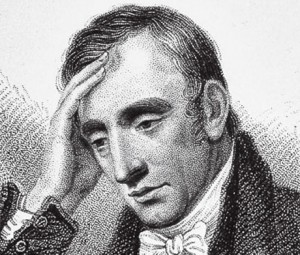
Wordsworth’s Prelude, Poetic Autobiography, and Narrative Constructions of the Self
Narratives are indeed a crucial tool by which many of us make sense of our lives. The problem comes in identifying selves too directly with the lives they live. If we drop the insistence on life-long autobiographies in favor of many short overlapping stories, we can hew more closely to the role narratives typically play in everyday self-representations; but then we also stand in need of a new criterion for unifying those stories into a coherent self.



